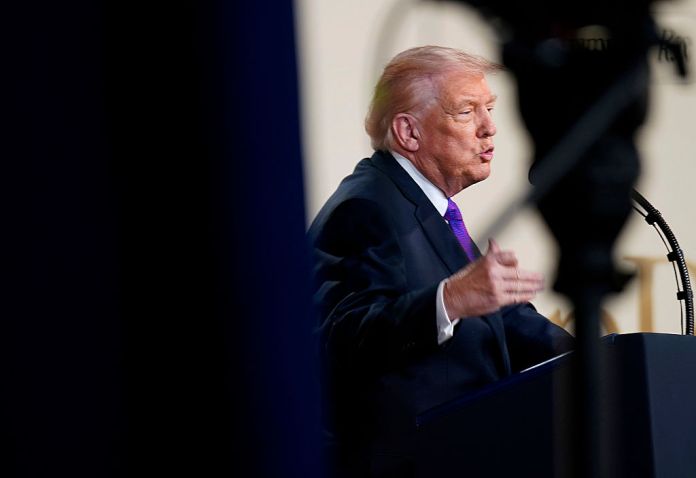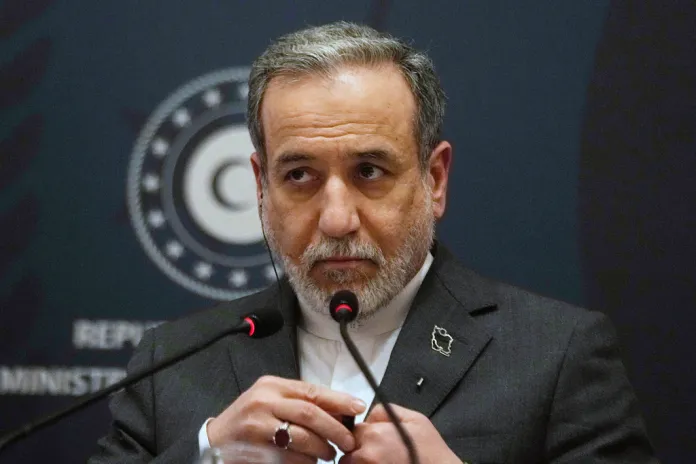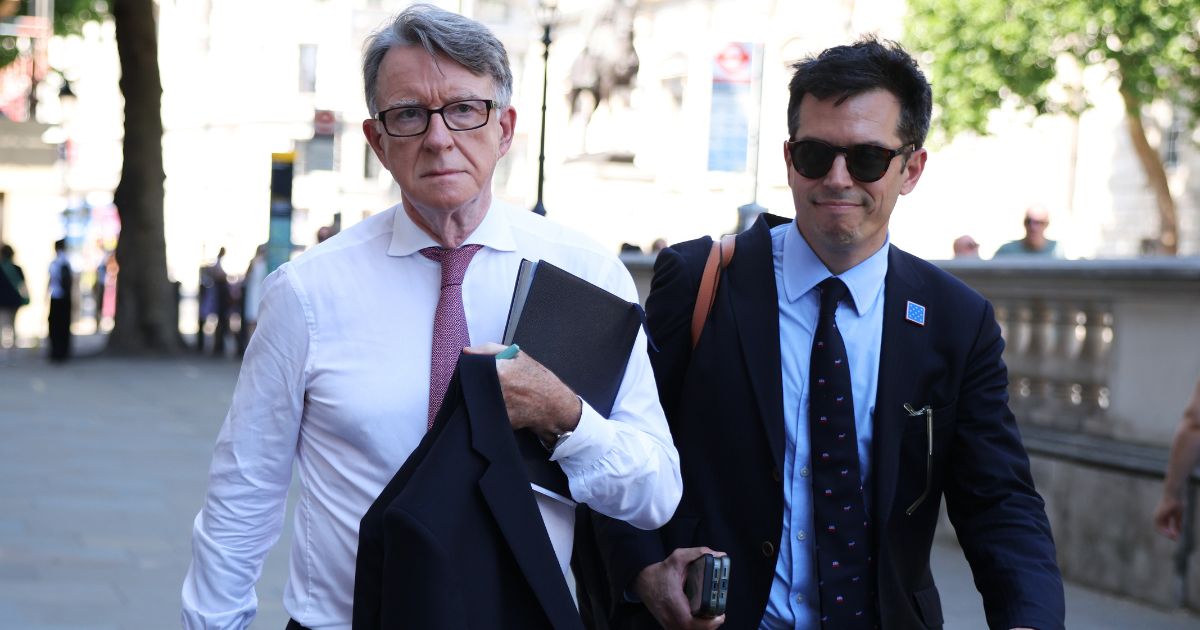Trump hosts Central Asian leaders with eyes on rare earth deals
The article reports that President Donald Trump is set to sign new economic agreements with five Central Asian countries-Kazakhstan,Uzbekistan,Kyrgyzstan,Tajikistan,adn Turkmenistan-during a White house meeting commemorating the 10th anniversary of the C5+1 forum. Established in 2015, this forum aims to foster cooperation between the U.S. and these nations, which were former Soviet republics sharing borders in Russia’s vicinity.The new deals, to be signed at the State Department, are expected to cover investments in defense, technology, manufacturing, and culture, among other areas.
A key focus of these agreements is rare earth minerals, abundant in Central Asia, which are crucial for U.S. supply chains and a strategic resource amid tensions with China, the dominant global supplier. The Trump governance has been actively pursuing partnerships to secure these minerals, including agreements with Ukraine, Australia, Japan, Malaysia, and Thailand.The move also forms part of broader U.S. efforts to strengthen geopolitical influence in the region and support economic growth and security cooperation. Additionally, Kazakhstan is expected to join the Abraham Accords, further expanding regional partnerships aligned with U.S. interests.
Trump eyes up more rare earth deals in Russia’s backyard
President Donald Trump is expected to sign new economic agreements with five Central Asian nations on Thursday to mark the 10-year anniversary of the C5+1 forum.
The group was launched in 2015 under the auspices of former Secretary of State John Kerry. Former President Joe Biden was the first leader to hold a presidential-level forum with the C5 nations.
However, Thursday’s meetings will mark C5+1’s first meeting at the White House. Uzbekistani President Shavkat Mirziyoyev visited Trump at the White House in 2018, and he’ll be joined Thursday by Kazakhstani President Kassym-Jomart Tokayev, Kyrgyzstani President Sadyr Japarov, Tajikistani President Emomali Rahmon, and Turkmenistani President Serdar Berdimuhamedow.
Kazakhstan, notably, shares a border of more than 4,700 miles with Russia. The five countries were all part of the USSR until its dissolution in 1991.
White House officials confirmed to the Washington Examiner that the leaders would enter into new economic agreements on Thursday, though the signing ceremonies will take place at the State Department.
“President Trump looks forward to hosting Central Asian leaders to recognize the tenth anniversary of the C5+1 format. Countries represented will include Turkmenistan, the Kyrgyz Republic, Republic of Kazakhstan, Republic of Uzbekistan, and Republic of Tajikistan,” a senior White House official said in a statement. “Americans can expect more investments and good deals for our country spanning defense, technology, manufacturing, culture, and more — stay tuned!”
Officials from the State Department declined to preview the agreements.
Still, the five Central Asian nations have abundant supplies of critical rare earth minerals, a focal point of the Trump administration since January. Earlier this year, Trump signed a minerals deal with Ukrainian President Volodymyr Zelensky, which American officials point to as a quasi-security guarantee for the Ukrainians as they continue to repel Russian invaders.
And in recent weeks, the White House announced similar deals with Australia, Japan, Malaysia, and Thailand.
In August, Trump tapped Sergio Gor, the former director of the White House Office of Presidential Personnel, to serve as both the U.S. Ambassador to India and his special envoy for South and Central Asian Affairs.
Gor and Deputy Secretary of State Chris Landau traveled to Uzbekistan and Kazakhstan ahead of Thursday’s meeting. At a reception on Wednesday, Gor told reporters that he expected big things from the new, enhanced economic agreements.
“Under his (POTUS) leadership, the United States has pursued a clear, principled foreign policy that defends our interests, promote peace through strength, and builds partnerships that are based on results, not rhetoric,” he said. “The C5+1 platform remains central to that vision, expanding cooperation on energy, infrastructure, and economic growth that makes America and our partners safer, stronger, and more prosperous.”
Secretary of State Marco Rubio added that American “national interests are aligned” with those of Central Asia, “and some of the things we’re going to do together in the months and weeks to come are going to further strengthen that.”
China controls the overwhelming majority of rare earth minerals, and the resource has become a top-line negotiating point for the White House as Trump pursues a new trade agreement with Beijing.
Trump’s October meeting with Chinese President Xi Jinping in South Korea resulted in Beijing postponing the implementation of recently announced export controls on rare earths, but only for one year. Central Asia could provide a future backdrop for America’s rare earth supply chain, as the region features more than 28 actively mined deposits and nearly 150 other prospected sites, according to the U.S. Geological Survey.
Joseph Epstein, director of the Yorktown Institute’s Research Center, told Radio Free Europe that Central Asia is “well-positioned” to meet American demand and give the U.S. “more leverage in the next round” of trade talks with China.
TENSION BUILDS BETWEEN TRUMP’S TOP COPS FOLLOWING MONTHS OF ‘BONEHEAD SCREWUPS’
“The Central Asians look well-positioned with their large deposits and growing investment in the Middle Corridor,” Epstein said in a statement. “That makes the United States even more of a counterweight as the Central Asians look to preserve their multi-vector foreign policies.”
In addition to the rare earths deal, a senior administration official confirmed to the Washington Examiner that Kazakhstan will join the Abraham Accords.
" Conservative News Daily does not always share or support the views and opinions expressed here; they are just those of the writer."




